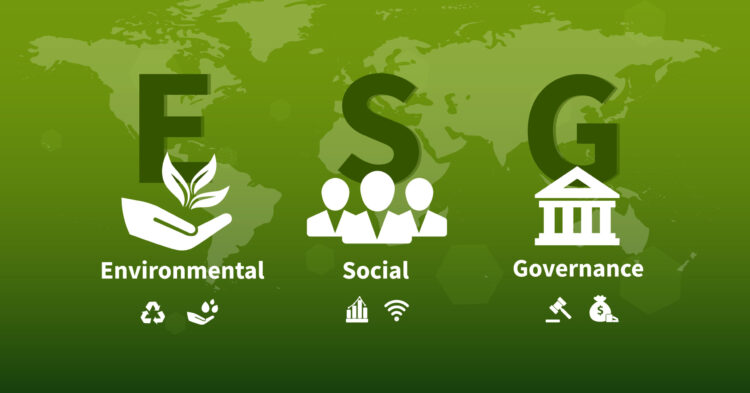Building a board that truly supports sustainable growth is less about filling seats and more about shaping direction.
The most successful companies today are not led by boards that merely review quarterly reports but by those that drive long-term resilience, environmental accountability, and stakeholder value.
Sustainable growth requires foresight, governance discipline, and a balanced approach to risk and innovation.
Page Contents
The Foundation: Strategy Beyond Profit

Source: wissda.com
A sustainable board is not fixated solely on financial returns. It aligns profitability with responsibility. This means integrating environmental, social, and governance (ESG) principles into the company’s core decision-making process.
A good board ensures that leadership understands the long-term risks associated with climate change, supply chain instability, or labor inequities, and develops strategies to address them before they turn into crises
Boards that take this approach create value not just for shareholders but for employees, customers, and communities.
Diversity and Expertise as Growth Catalysts
Diverse boards make better decisions. Research consistently shows that boards with varied professional backgrounds, genders, and global perspectives are more innovative and adaptable.
Diversity also brings deeper scrutiny of management assumptions and helps detect blind spots that homogeneous boards often miss.
A mix of financial, operational, and sustainability expertise ensures that companies are not only compliant but also competitive in an evolving market that increasingly rewards responsible business models.
Strengthening Oversight and Accountability
True sustainability cannot exist without transparency. A responsible board builds structures for accountability, regular ESG reporting, external audits, and measurable targets tied to executive performance.
The board’s role is to ensure that sustainability metrics are not isolated in CSR departments but embedded in the company’s business plan.
This kind of governance signals credibility to investors and customers who are now scrutinizing companies not only for their products but for their ethics.
Balancing Growth and Risk
Sustainable growth depends on measured risk-taking. Boards must weigh expansion opportunities against operational and reputational risks.
For example, entering a new market may promise short-term revenue but could expose the company to environmental or regulatory issues if due diligence is ignored.
A strong board encourages leadership to grow responsibly, pursuing innovation while maintaining integrity and compliance.
Partnering for Long-Term Stability
As global supply chains become more complex, the stability of business operations increasingly depends on reliable partners and advisers. Institutions such as Ned Capital specialize in helping boards and leadership teams navigate these complexities, offering insights on governance structures, funding models, and sustainable investment strategies.
While external advisory support should never replace internal leadership, it can strengthen the board’s ability to anticipate risks and plan strategically for a changing economic environment.
Embedding Sustainability Into Culture

Source: trellis.net
Sustainability must move beyond annual reports. Boards that champion it as a cultural value see better alignment between management and workforce.
Employees respond positively when they see leadership committing to ethical sourcing, carbon reduction, and fair labor standards. This creates brand loyalty, reduces turnover, and enhances long-term profitability.
A company that integrates sustainability into its DNA becomes more adaptable, capable of thriving in an uncertain global economy where reputation and purpose carry as much weight as financial metrics.
The Bottom Line
Creating a board that supports sustainable growth requires commitment, not slogans. It demands directors who combine ethical awareness with financial acumen, strategic independence with collaborative foresight.
Boards that succeed in this balance guide their companies through the next decade not just as survivors of disruption, but as architects of enduring value.




